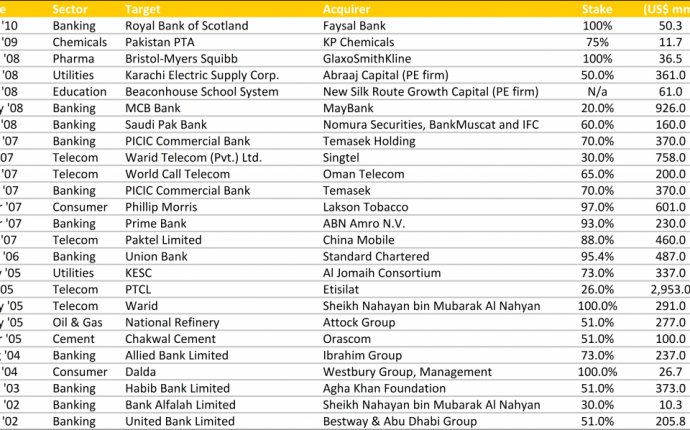
What is investment Banking all About?
The sale of stocks and bonds is one of the primary ways for a company to raise capital. But executing these transactions requires special expertise, from pricing financial instruments in a way that will maximize revenue to navigating regulatory requirements. That’s where an investment bank usually comes into the picture.
In essence, investment banks are a bridge between large enterprises and the investor. Their main roles are to advise businesses and governments on how to meet their financial challenges and to help them procure financing, whether it be from stock offerings, bond issues or derivative products.
Role as an advisor
Deciding how to raise capital is a major decision for any company or government. In most cases, they lean on an investment bank – either a large Wall Street firm or a “boutique” banker – for guidance.
Taking into account the current investing climate, the bank will recommend the best way to raise funds. This could entail selling an ownership stake in the company through a stock offer or borrowing from the public through a bond issue. The investment firm can also help determine how to price these instruments by utilizing sophisticated financial models.
In the case of a stock offering, its financial analysts will look at a variety of different factors – such as earnings potential and the strength of the management team – to estimate how much a share of the company is worth. If the client is offering bonds, the bank will look at prevailing interest rates for similarly rated businesses to figure out how much it will have to compensate borrowers.
Investment banks also offer advice in a merger or acquisition scenario. For example, if a business is looking to purchase a competitor, the bank can advise its management team on how much the company is worth and how to structure the deal in a way that’s favorable to the buyer.
Underwriting stocks and bonds
If an entity decides to raise funds through an equity or debt offering, one or more investment banks will also underwrite the securities. This means the institution buys a certain number of shares – or bonds – at a predetermined price and re-sells them through an exchange.
Suppose Acme Water Filter Company hopes to obtain $1 million in an initial public offering. Based on a variety of factors, including the firm’s expected earnings over the next few years, Federici Investment Bankers determines that investors will be willing to pay $11 each for 100, 000 shares of the company’s stock. As the sole underwriter of the issue, Federici buys all the shares at $10 apiece from Acme. If it manages to sell all 100, 000 at $11, the bank makes a nice $100, 000 profit (100, 000 shares x $1 spread).
However, depending on its arrangement with the issuer, Federici may be on the hook if the public’s appetite is weaker than expected. If it has to lower the price to an average of $9 a share to liquidate its holdings, it’s lost $100, 000. Therefore, pricing securities can be tricky. Investment banks generally have to outbid other institutions who also want to handle the transaction on behalf of the issuer. But if their spread isn’t big enough, they won’t be able to squeeze a healthy return out of the sale.
In reality, the task of underwriting securities often falls on more than one bank. If it’s a larger offering, the managing underwriter will often form a syndicate of other banks that sell a portion of the shares. This way, the firms can market the stocks and bonds to a larger segment of the public and lower their risk. (L9) The manager makes part of the profit, even if another syndicate member actually sells the security. (L18)
Investment banks perform a less glamorous role in stock offerings as well. It’s their job to create the documentation that must go to the Securities and Exchange Commission before the company can sell shares. (L9) This means compiling financial statements, information about the company’s management and current ownership and a statement of how the firm plans to use the proceeds. (L9)
Other activities
While advising companies and helping them raise money is an important part of what Wall Street firms do, most perform a number of other functions as well. In fact, most major banks are highly diversified in terms of the services they offer. Some of their other income sources include:
- Research – Larger investment banks have large teams that gather information about companies and offer recommendations on whether to buy or sell their stock. They may use these reports internally but can also generate revenue by selling them to hedge funds and mutual fund managers.
- Trading and Sales – Most major firms have a trading department that can execute stock and bond transactions on behalf of their clients. (L8) In the past, some banks have also engaged in proprietary trading, where they essentially gamble their own money on securities; however, a recent regulation known as the Volcker Rule has clamped down on these activities.
- Asset Management – The likes of J.P. Morgan and Goldman Sachs manage huge portfolios for pension funds, foundations and insurance companies through their asset management department. Their experts help select the right mix of stocks, debt instruments, real estate trusts and other investment vehicles to achieve their clients’ unique goals.
- Wealth Management – Some of the same banks that perform investment banking functions for Fortune 500 businesses also cater to everyday investors. Through a team of financial advisors, they help individuals and families save for retirement and other long-term needs.









